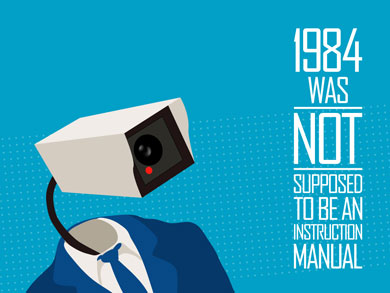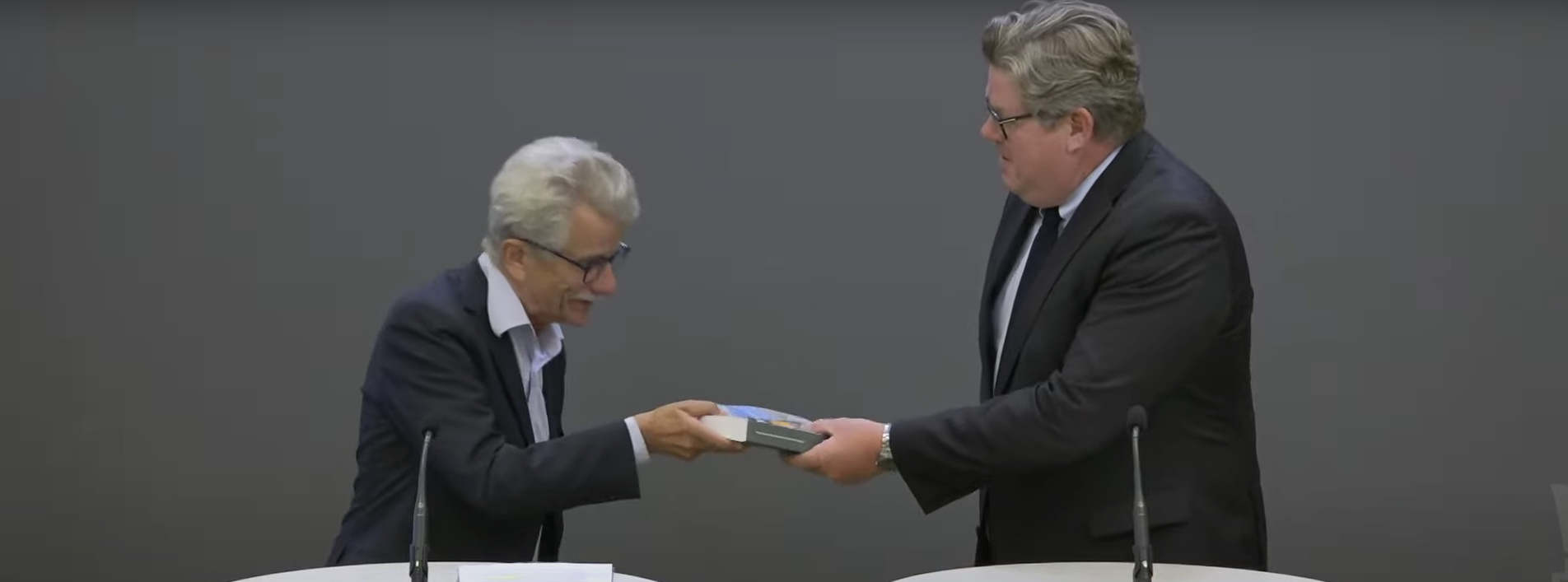I EU:s ministerråd används paradoxalt nog de mänskliga rättigheterna som argument för mer övervakning.
Just nu processar medlemsstaterna i ministerrådet EU:s nya AI Act. Det är ett märkligt skådespel.
Artificiell intelligens kan möjligen behöva regleras. Problemet är att sådan reglering bygger på hur AI fungerar idag, trots att konceptet ständigt förändras i rasande fart.
Risken är att lagstiftningen kommer att vara föråldrad redan när den klubbas. En annan risk är att detta kommer att bli ännu ett hinder för utvecklingen av europeisk IT-industri.
Men det finns ett område ministerrådet inte vill reglera. Det gäller nationell säkerhet och polisiärt arbete. Då är det plötsligt viktigt att vara flexibel…
En absurd twist är att länder som Frankrike och Tyskland nu försöker blockera förslaget till AI Act med argumentet att den kan strida mot de grundläggande mänskliga rättigheterna. Detta trots att det är uppenbart att det verkliga skälet är att de vill kunna använda AI för att övervaka medborgarna.
Under rubriken dubbla budskap kan noteras att Tyskland motiverar sitt motstånd mot förordningen med att den inte innehåller något förbud mot användning av biometrisk data vid övervakning. Men ingenstans tidigare i processen har Tyskland framfört någon sådan invändning.
Skulle EU:s AI Act bli allt för urvattnad, blockeras eller falla är det fritt fram för medlemsstaterna och övervakningsindustrin att använda både biometrisk data och AI för att övervaka medborgarna.
EU:s AI Act är i sig en märklig lagstiftning. Den känns framstressad av politiker som vill reglera en teknik de inte riktigt förstår. För att de kan.
Kanske vore det rimligare om AI föll under övrig lagstiftning och dess mer generella principer. Såväl vad gäller civil som offentlig och polisiär användning. Men det är bara en lös tanke.








